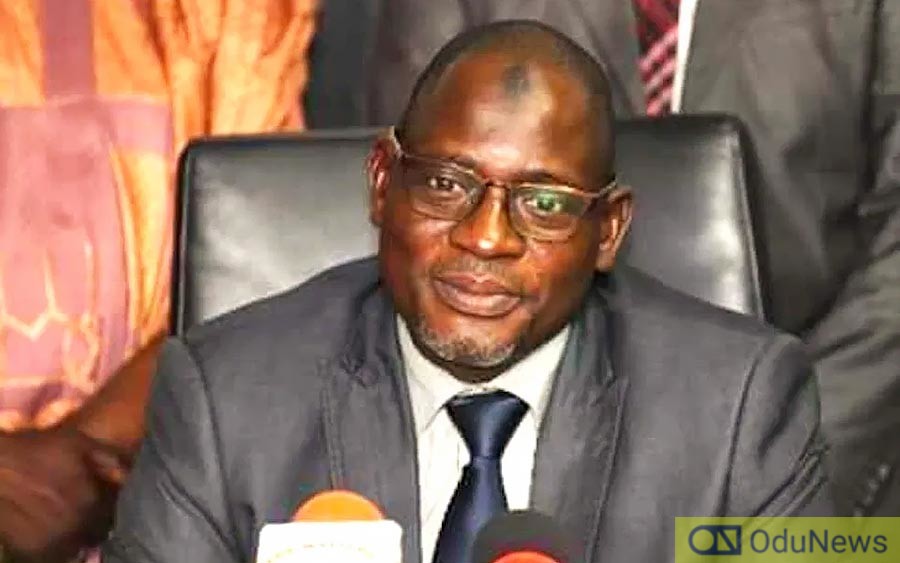The Federal Inland Revenue Service (FIRS) says that it projects to record N4 trillion as tax revenue from the extractive sector of the Nigerian economy in the 2020 fiscal year.

Mr. Muhammad Nami, the Executive Chairman, FIRS, stated this yesterday in Abuja when a team of the Nigerian office of the Organisation for Economic Cooperation and Development (OECD) called at the Revenue House Headquarters of FIRS on a courtesy visit.
Consequently, the FIRS Chairman solicited the support of the OECD in stemming the tax evasion scheme of oil majors and multinationals operating in Nigeria through the illegal act of transfer pricing under which these foreign companies dodge tax in Nigeria and transfer their profit offshore.
The FIRS and the Federal Fire Service have resolved to work closer with each other in order to protect public property and records from possible fire outbreak.
Both organisations made this commitment yesterday in Abuja when the Comptroller-General (CG) Federal Fire Service, Dr. Liman Alhaji Ibrahim, also paid a courtesy visit to the FIRS Headquarters in Abuja.
According to Nami, the FIRS needs capacity-building support, information sharing, data interpretation, usage and related technical synergy with the OECD in order for the Service to meet tax revenue targets in the extractive industry and the newly emergent Digital Economy.
The FIRS Chairman observed that revolution in information and communication technology (ICT) has made physical filing of tax returns obsolete. However, Nami stated that “ICT has also made tax collection more complex, especially in trans-border trade and trans-continental commerce in which big players like Amazon, Google, facebook, Alibaba and other e-commerce corporations do big business around, drive the digital economy and yet countries find it difficult to take due tax from the huge economic activities these online giants engage in.
This is more so for developing countries like Nigeria where our people buy luxury goods more and more online while these big online stores don’t pay any tax to us here in Nigeria.”

